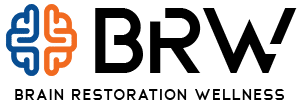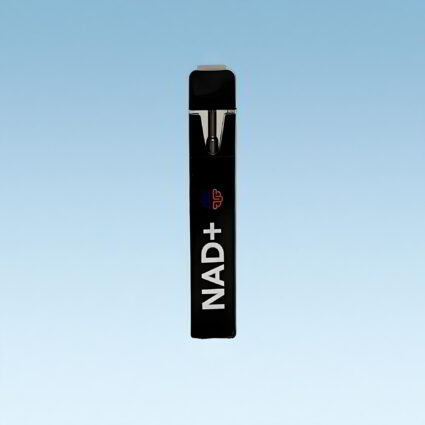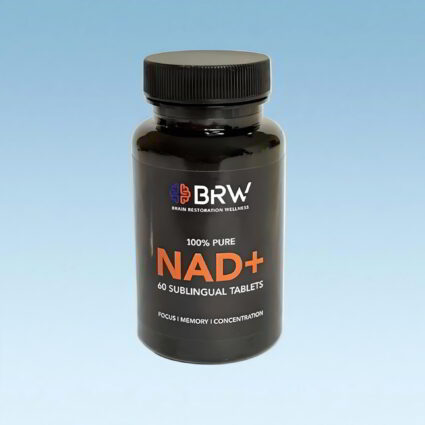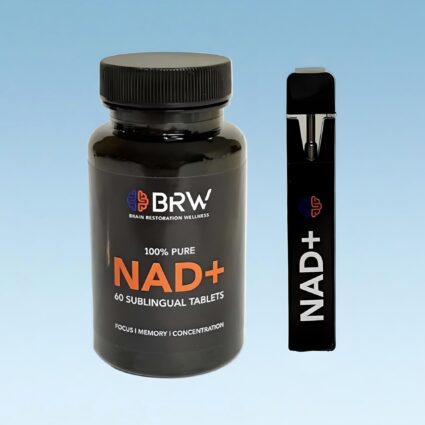The journey through drug rehabilitation marks a pivotal step toward reclaiming control over life after addiction. Completing a rehab program is a major achievement, yet it is not the final chapter in recovery. Sustaining long-term sobriety often depends on the quality and consistency of follow-up care after leaving the structured environment of a drug rehab center. This care is critical in preventing relapse, offering ongoing support, and helping individuals build a sustainable, healthy lifestyle. Follow-up care is the cornerstone of continued recovery, and it’s also where therapies like NAD (nicotinamide adenine dinucleotide) can play a significant role.
Importance of Ongoing Support Drug Rehab Center
Long-term recovery requires ongoing support that extends far beyond initial treatment. After leaving a drug rehab center, individuals face the challenge of reintegrating into daily life, often with the same stressors and triggers that contributed to their addiction. Without continued support, including NAD therapy, individuals may struggle to maintain the progress made during rehab. For instance, someone who has just completed rehab might find themselves back in an environment where substances were easily accessible, making the risk of relapse significantly higher.
- Consistent follow-up care, including NAD therapy, can drastically reduce the likelihood of relapse.
- Studies suggest that individuals engaging in aftercare services are 10% more likely to remain sober long-term.
- NAD therapy is gaining recognition for its role in repairing cells and restoring brain function, further supporting recovery.
Understanding the Role of Aftercare Programs Drug Rehab
Aftercare programs bridge the gap between inpatient treatment and independent living, offering services such as outpatient therapy, group counseling, and sober living arrangements. These programs are vital for maintaining sobriety, and therapies like NAD can enhance their effectiveness. NAD therapy, known for its ability to boost energy levels and reduce cravings, can be integrated into aftercare to support ongoing recovery efforts.
- Aftercare programs, when combined with NAD therapy, help sustain the progress made during rehab.
- NAD therapy can aid in repairing the damage caused by prolonged substance abuse, making recovery more sustainable.
- Participants in aftercare programs that include NAD therapy are more likely to stay engaged in their recovery.
Preventing Relapse with Continued Care Drug Rehab Center
Preventing relapse is one of the primary goals of follow-up care, and it’s where NAD therapy can have a significant impact. Continued care, including regular NAD treatments, offers ongoing therapy and support groups that help individuals navigate the temptations and stressors of daily life. For example, someone regularly receiving NAD therapy as part of their aftercare plan may experience fewer cravings and improved cognitive function, which can be crucial in preventing a relapse.
- NAD therapy helps restore brain function, reducing the likelihood of relapse.
- Regular check-ins with a therapist or counselor, alongside NAD therapy, help identify early signs of relapse.
- Engaging in support groups and NAD therapy keeps individuals connected to a sober community and strengthens their resolve.

Emotional and Psychological Support Post Drug Rehab
The emotional and psychological aspects of recovery are just as critical as the physical. Drug rehab centers often provide therapy to address these issues, but the need for emotional support doesn’t end when rehab does. Aftercare services, including NAD therapy, are essential in helping individuals manage their emotions, reduce anxiety, and handle life’s stresses without resorting to substances. NAD therapy supports mental clarity and emotional balance, enhancing the effectiveness of traditional therapy.
- Emotional support, bolstered by NAD therapy, is vital in managing post-rehab challenges.
- NAD therapy can help alleviate depression and anxiety, common issues after rehab.
- Ongoing psychological support and NAD therapy can prevent the development of mental health disorders that might lead to relapse.
Building a Healthy Lifestyle After Drug Rehabilitation
A major focus of follow-up care is helping individuals establish and maintain a healthy lifestyle, which is where NAD therapy can be incredibly beneficial. This involves physical health, nutrition, exercise, and sleep—all critical components of long-term recovery. By incorporating NAD therapy, which supports cellular health and energy production, individuals can create a balanced life that supports their sobriety.
- NAD therapy promotes overall wellness by supporting cellular repair and energy levels.
- Proper nutrition, regular exercise, and NAD therapy can reduce cravings and improve mood.
- Establishing a routine that includes NAD therapy reinforces the positive changes made during rehab.
Staying Connected to a Sober Community Drug Rehab Center
Staying connected to a sober community is one of the most effective strategies for maintaining long-term sobriety. This connection provides a sense of belonging, accountability, and shared experience, all of which are crucial in recovery. Combining this with NAD therapy can enhance these benefits by improving mental clarity and reducing stress, making it easier to engage with and benefit from a sober community.
- Connection to a sober community, along with NAD therapy, reduces feelings of isolation.
- Peer support and NAD therapy encourage continued sobriety through shared experiences and better mental health.
- Engaging in sober activities, supported by NAD therapy, helps reinforce a substance-free lifestyle.

Long-Term Benefits of Follow-Up Care Drug Rehab Center
The long-term benefits of follow-up care are profound, particularly when NAD therapy is included. Individuals who engage in regular follow-up care, including NAD therapy, are more likely to maintain their sobriety, build a stable life, and avoid the pitfalls that could lead to relapse. Long-term care, with the added benefits of NAD therapy, helps manage co-occurring disorders, improve overall mental health, and provide a sustainable path forward.
- Follow-up care, supported by NAD therapy, enhances long-term sobriety and reduces the risk of relapse.
- NAD therapy aids in continuing personal growth and recovery from the physical toll of addiction.
- Long-term care with NAD therapy addresses any co-occurring disorders that may arise post-rehab, providing a more comprehensive approach to recovery.
Choosing the Right Drug Rehab Center for Aftercare
Selecting the right drug rehab center is crucial, especially when considering the availability of follow-up care and NAD therapy. Not all centers offer comprehensive aftercare services, so it’s important to choose one that provides a full spectrum of support, including therapies like NAD. A rehab center that not only addresses immediate treatment needs but also offers NAD therapy in its aftercare plan can significantly improve long-term recovery outcomes.
- The right rehab center offers NAD therapy as part of its comprehensive aftercare services.
- Look for centers that provide both inpatient treatment and long-term follow-up care, including NAD therapy.
- Consider centers that specialize in using NAD therapy to treat addiction and its related physical and mental health issues.
Key Takeaways on Follow-Up Care for Drug Rehab
- Follow-up care, enhanced by NAD therapy, is essential for maintaining long-term sobriety.
- Aftercare programs, including NAD therapy, bridge the gap between rehab and independent living.
- Staying connected to a sober community, supported by NAD therapy, provides ongoing support and reduces the risk of relapse.
- A healthy lifestyle, with the support of NAD therapy, promotes overall recovery and well-being.
- Choosing a drug rehab center that offers NAD therapy ensures comprehensive care for continued success in sobriety.
Frequently Asked Questions About Follow-Up Care in Drug Rehab
- Why is follow-up care, including NAD therapy, important after drug rehabilitation?
Follow-up care, particularly when it includes NAD therapy, is crucial because it provides ongoing support, helps prevent relapse, and offers emotional and psychological assistance as individuals transition back into daily life. - What does follow-up care typically include?
Follow-up care often includes outpatient therapy, support groups, sober living arrangements, and NAD therapy, which helps repair cellular damage and reduce cravings. - How long should follow-up care last after drug rehab?
The duration of follow-up care varies depending on individual needs, but it generally continues for several months to years, with NAD therapy being an ongoing part of the support system to ensure long-term success. - Can NAD therapy help with co-occurring mental health disorders?
Yes, NAD therapy, combined with traditional therapy, can effectively address co-occurring mental health disorders, which are common among those recovering from addiction. - How do I choose the right drug rehab center with follow-up care and NAD therapy?
Look for a center that offers a comprehensive range of aftercare services, including NAD therapy, outpatient therapy, and support groups, ensuring continued support and success in your recovery journey.














